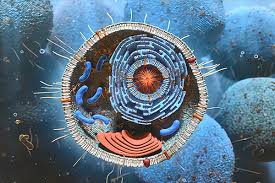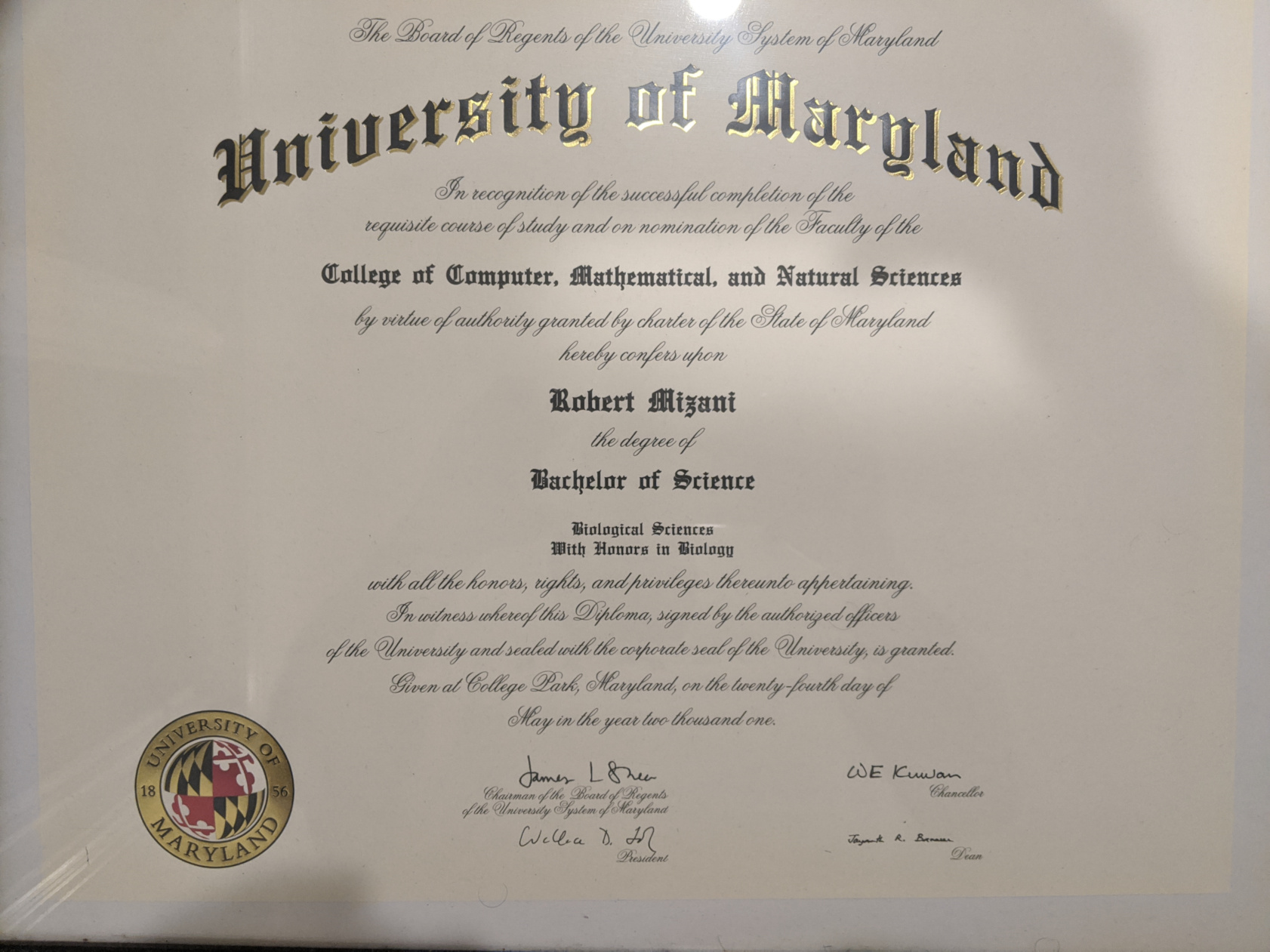Professional science consultations typically involve expert advice and guidance provided by scientists or specialized consultants to organizations, companies, or individuals who need scientific expertise for specific projects or issues. Here is an overview of how these consultations generally work:
1. Initial Contact and Assessment
- Inquiry: The client contacts a science consultant or a consulting firm with a specific need or problem.
- Assessment: The consultant assesses the scope of the project, the client’s objectives, and the scientific disciplines involved. This may include initial discussions, reviewing any preliminary data or information, and determining the feasibility of the consultation.
2. Proposal and Agreement
- Proposal: The consultant prepares a detailed proposal outlining the scope of work, methodology, timeline, deliverables, and costs. This proposal may include a project plan and milestones.
- Agreement: Both parties agree on the terms of the consultation, formalized through a contract or agreement. This includes confidentiality clauses, intellectual property rights, and payment terms.
3. Data Collection and Analysis
- Data Gathering: Depending on the nature of the consultation, this may involve collecting new data through experiments, surveys, or fieldwork, or analyzing existing data provided by the client.
- Research and Analysis: The consultant applies relevant scientific methods and techniques to analyze the data. This could involve statistical analysis, modeling, laboratory experiments, literature reviews, or other specialized methods.
4. Reporting and Recommendations
- Report Preparation: The consultant prepares a comprehensive report detailing their findings, analysis, and recommendations. This report is usually tailored to the client’s needs and may include charts, graphs, and other visual aids to help explain the results.
- Presentation: The consultant presents the findings to the client, often through a formal presentation or meeting. This allows for discussion, questions, and clarifications.
5. Implementation Support
- Guidance: If the consultation involves recommendations for changes or new implementations, the consultant may provide guidance on how to put these into practice. This could include developing protocols, training staff, or ongoing advisory support.
- Follow-up: Consultants often provide follow-up support to ensure that recommendations are effectively implemented and to address any new issues or questions that arise.
6. Review and Feedback
- Evaluation: The success of the consultation is evaluated based on the client’s objectives and the outcomes achieved. This may involve follow-up meetings or surveys to gather feedback.
- Continuous Improvement: Feedback from the client is used to improve future consultation processes. Successful outcomes may lead to ongoing partnerships or additional projects.
Common Areas of Professional Science Consultation
- Environmental Science: Assessing environmental impact, sustainability projects, and regulatory compliance.
- Biotechnology: Product development, clinical trials, and regulatory approval processes.
- Chemical Engineering: Process optimization, safety evaluations, and new material development.
- Agriculture: Crop management, pest control strategies, and soil health assessments.
- Healthcare: Epidemiological studies, health risk assessments, and policy development.
Key Skills and Qualities of a Science Consultant
- Expertise: Deep knowledge and experience in a specific scientific field.
- Analytical Skills: Ability to analyze complex data and derive meaningful conclusions.
- Communication: Strong skills in explaining technical information clearly to non-experts.
- Problem-Solving: Creativity and critical thinking to develop innovative solutions.
- Project Management: Ability to manage projects efficiently, meeting deadlines and staying within budget.
Overall, professional science consultations are collaborative efforts that leverage scientific expertise to solve problems, improve processes, and support decision-making in various fields.

Science (Biology) consultations are a professional service where experts in biology provide advice and expertise on various biological matters. Here’s how the process typically works:
- Initial Inquiry: Clients reach out to biology consultants with a specific question or project in mind1. This could range from environmental conservation to genetic research.
- Assessment of Needs: The consultant assesses the client’s needs to understand the scope and objectives of the consultation2. This may involve reviewing existing data or conducting preliminary research.
- Proposal and Agreement: Based on the assessment, the consultant proposes a plan of action, which includes the scope of work, timeline, and cost. Once agreed upon, both parties enter into a formal agreement1.
- Data Collection and Analysis: The consultant collects relevant data, which may involve fieldwork, laboratory analysis, or literature review. This data is then analyzed to inform the consultation2.
- Expert Advice: The consultant provides expert advice based on the analysis. This could include recommendations for conservation strategies, insights into biological processes, or guidance on regulatory compliance2.
- Implementation Support: If required, the consultant may assist in implementing their recommendations. This could involve further research, training, or project management services2.
- Follow-up and Evaluation: After the implementation, the consultant may provide follow-up services to evaluate the outcomes and ensure that the objectives have been met1.
Throughout the consultation process, the consultant aims to provide scientifically sound advice that helps the client make informed decisions about their biological projects or concerns. The process is collaborative, with the consultant working closely with the client to address their specific needs and challenges12.

Finding a reputable biology consultant involves a few key steps:
- Identify Your Needs: Clearly define what you need help with, whether it’s environmental consulting, genetic research, conservation strategies, or another area of biology.
- Research and Referrals: Look for consultants with expertise in the specific area you’re interested in. You can start by searching online for firms that offer biological consulting services1. Referrals from academic institutions or professional networks can also be valuable.
- Check Credentials: Verify the consultant’s qualifications, including education, experience, and any certifications they may hold. For example, the Building Biology Institute offers a list of certified consultants who have completed rigorous training2.
- Review Past Work: Examine the consultant’s previous projects and outcomes. This can give you an idea of their capability and the quality of their work.
- Consultation Services: Some consulting firms provide a range of services, from field surveys and assessments to non-lethal carnivore deterring. Ensure the services offered align with your project needs1.
- Contact and Interview: Reach out to potential consultants to discuss your project. Prepare a list of questions to assess their expertise and compatibility with your goals.
- Evaluate Proposals: After initial discussions, consultants may provide a proposal outlining their approach to your project. Evaluate these carefully to ensure they meet your requirements.
- Check Reviews and Testimonials: Look for reviews or testimonials from previous clients to gauge the consultant’s reputation and reliability.
- Consider the Costs: Understand the fee structure and ensure it fits within your budget. Remember that the cheapest option may not always be the best in terms of quality.
- Make an Informed Decision: Based on all the information gathered, choose a consultant who is best suited to your needs and with whom you feel comfortable working.
Remember, a reputable consultant will be transparent about their capabilities and willing to provide references upon request. It’s important to take the time to find someone who not only has the right expertise but also understands and aligns with your project’s objectives.



